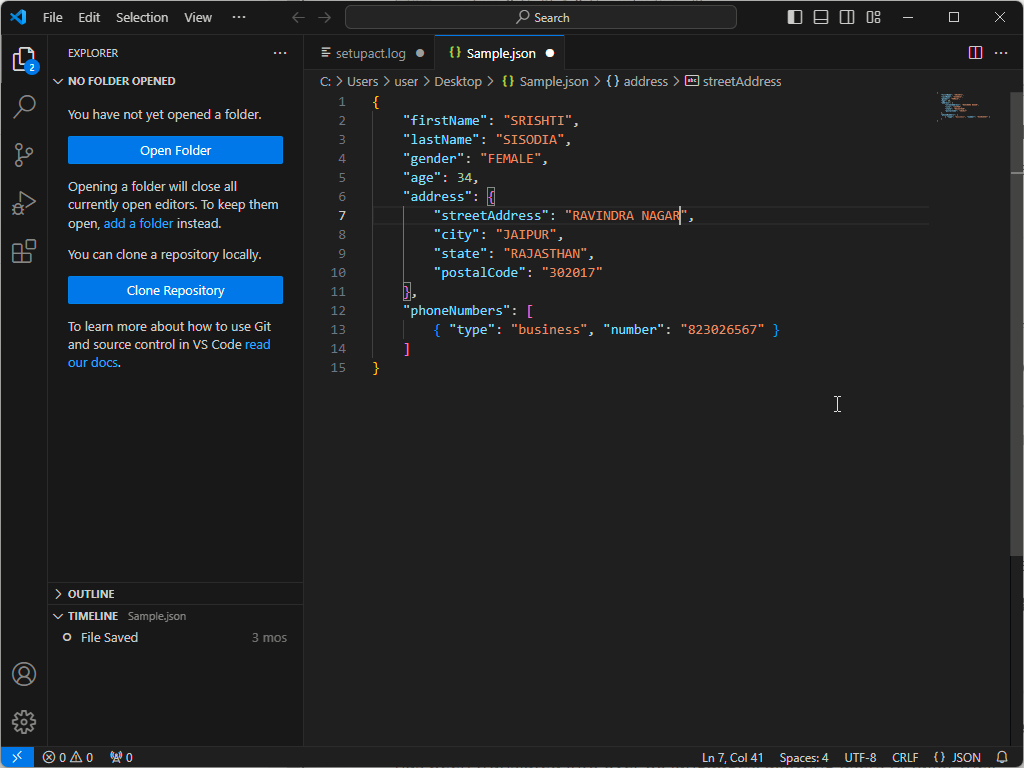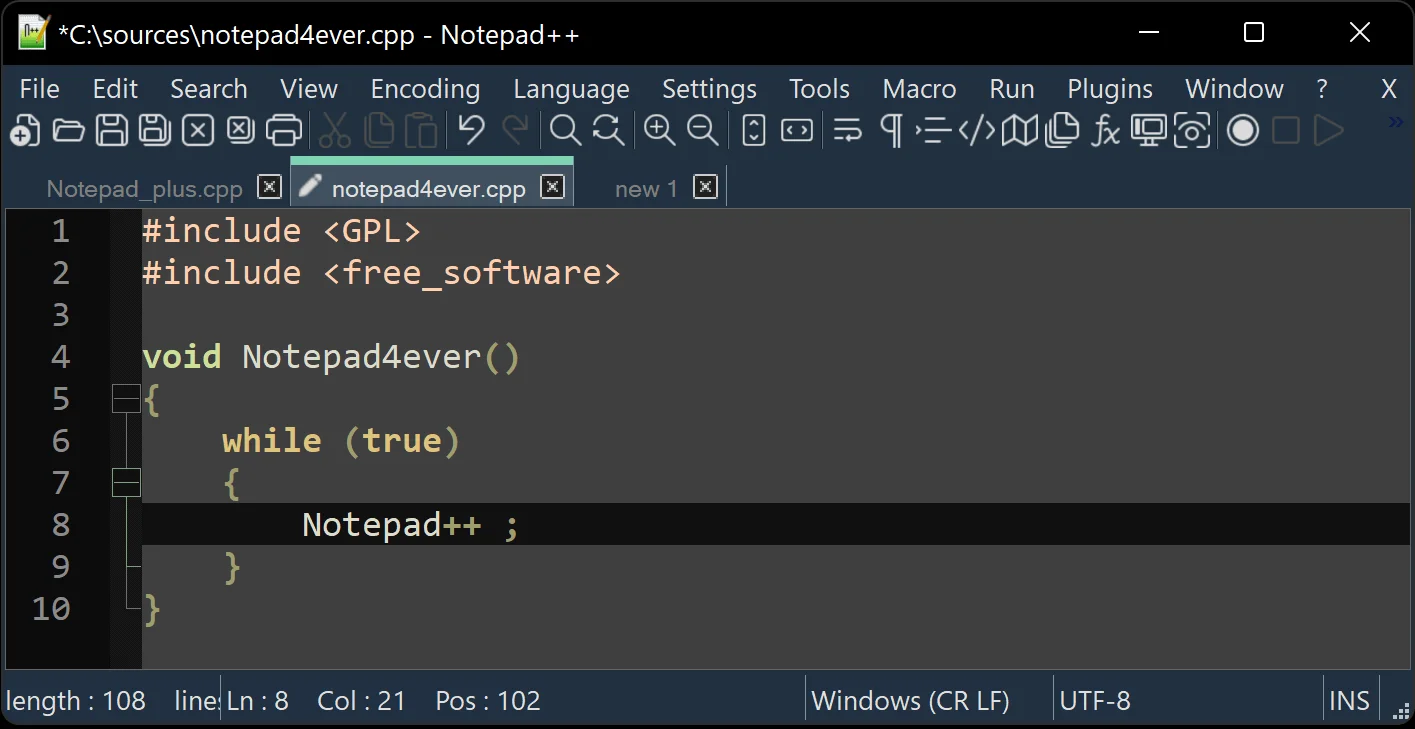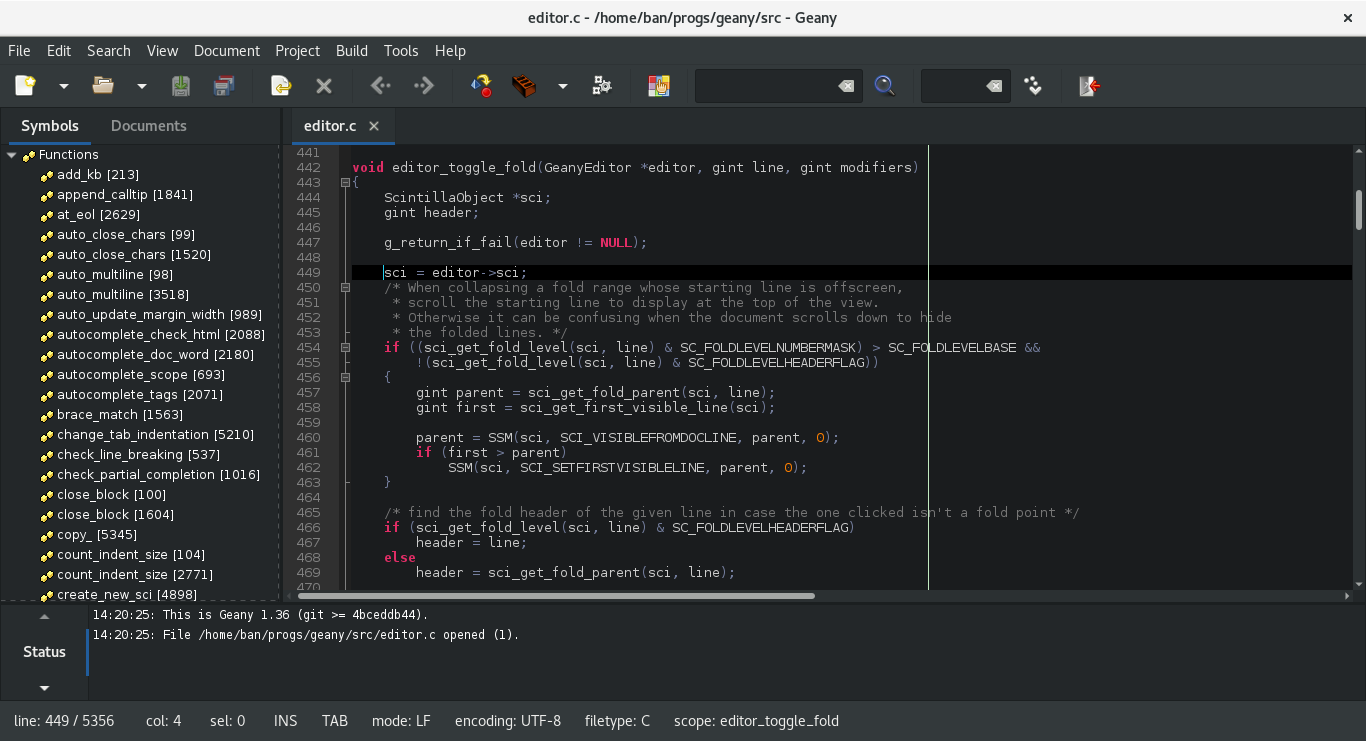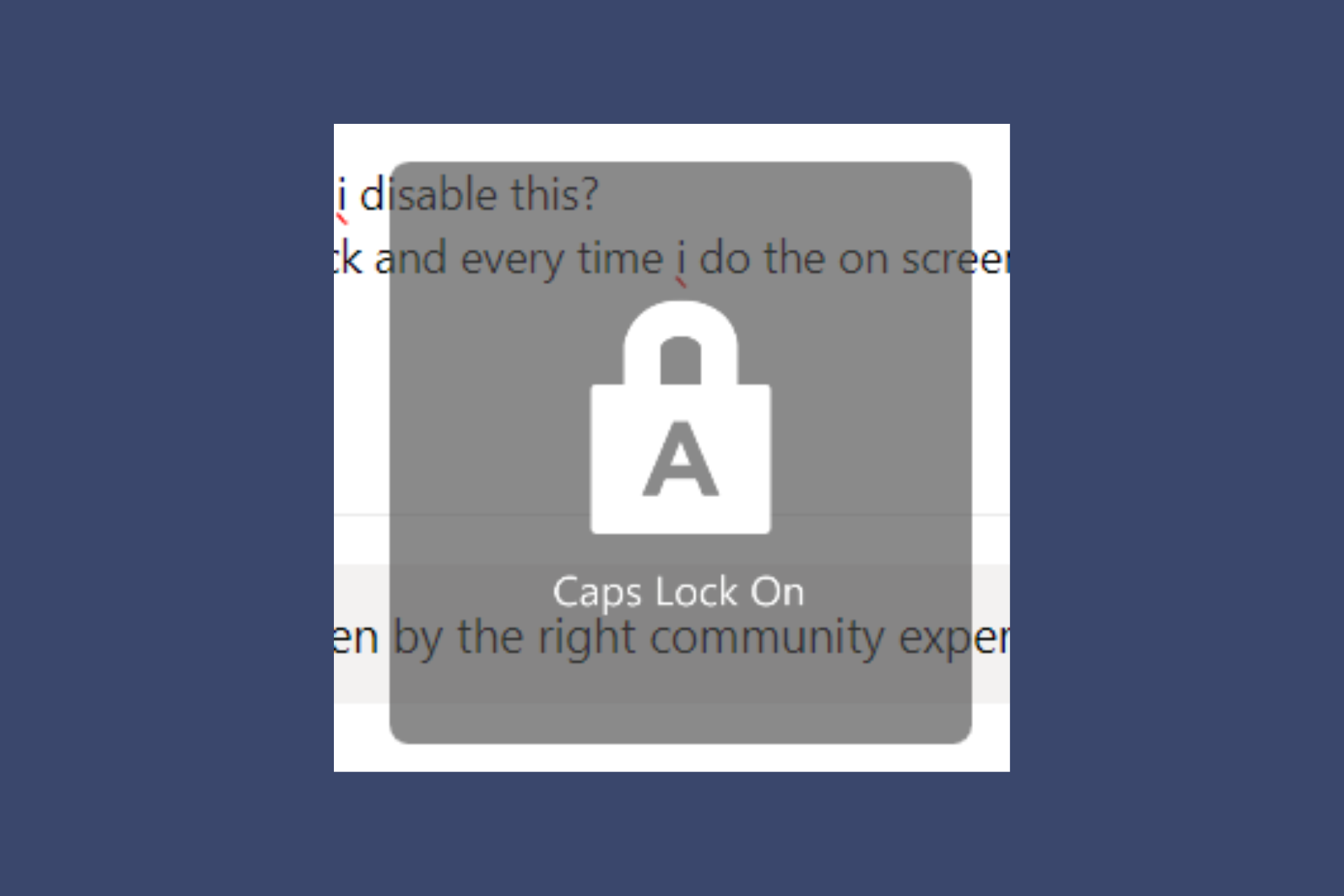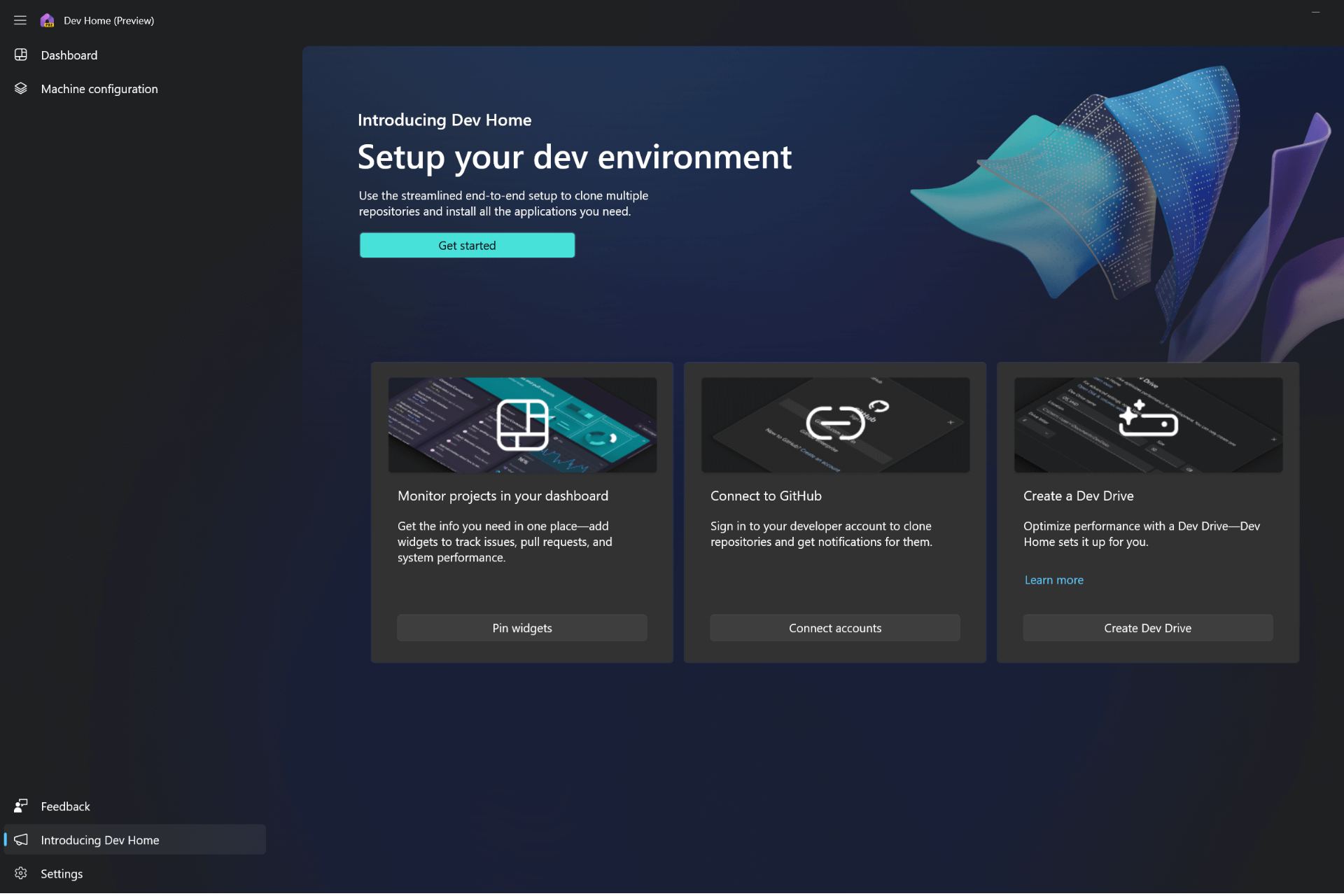6 Best Code Editors for Low-End PC
Don't forget to consider the extension availability while choosing the editor
7 min. read
Updated on
Read our disclosure page to find out how can you help Windows Report sustain the editorial team Read more

Whether you are a beginner looking for a lightweight code editor or a professional looking for optimizing performance, you need to find the right code editor.
In this guide, we will discuss the best code editors for your low-end PC to help you strike a balance between resource efficiency and functionality.
What are the best code editors for low-end PCs?
| Code Editor | Programming language supported | Platform supported |
| Visual Studio Code | JavaScript, Python, Java, Markdown, JSON, Powershell, PHP, YAML, C, C#, CSS, TypeScript | Windows 10 or later, macOS 10.11 or later, and Linux |
| Notepad++ | C, C#, C++, XML, Java, HTML, JavaScript, PHP, RC file | Windows |
| Sublime Text | Java, Python, C, CSS, HTML and JavaScript | Windows, macOS, and Linux |
| Code::Blocks | C, C++, and Fortran | Windows, macOS, and Linux |
| GNU Emacs | C & C++, Java, Python, Ruby, JavaScript, HTML & CSS, Fortran, XML, PHP, TeX & LaTeX, SQL, Haskell & more | Windows, macOS, and Linux |
| Geany | C, C++, Python, Java, HTML, Ruby, CSS, PHP, Go, JavaScript, Swift, Perl, Haskell, Fortran, Shell Scripting languages (e.g., Bash), & more | Windows, macOS, and Linux |
Visual Studio Code – Unmatchable performance and extensive customization
Visual Studio Code is free, built on open source, and comes with a wide range of extensions. This best code editor for low-end PCs comes with IntelliSense, which helps you complete a code on the basis of function definitions, variable types, and modules.
It allows you to debug code right from the editor by attaching your running apps using call stacks, breakpoints, and an interactive console.
Visual Studio Code works efficiently with a number of SCM providers, including Git, which means you can push and pull from any compatible service with ease.
With Microsoft Azure support, it allows you to deploy and host your Angular, Node, React, Vue, and Python sites easily.
Other features of Visual Studio Code
- Offers a rich set of extensions
- Supports many programming languages, including Python, Java, C and C#
- Compatible with Windows, macOS, and Linux
- Easy to use and comes with an intuitive interface
If you have decided to go with Visual Studio Code and downloaded it on your computer, then check out this guide to learn about the extensions you should install to improve productivity.
Also, if you want to get familiar with this software, why not start with our guide on how to open multiple files in Visual Studio Code?
Notepad++ – Allows to compare text files side by side
Notepad++ is a free source editor and a great replacement for Notepad. It supports a number of programming languages, including C, C#, C++, XML, Java, HTML, JavaScript, PHP, a makefile, INI file, batch file, SQL, VB/VBS, CSS, Objective-C, Pascal, Python, Perl, Lua, NFO, oxygen Fortran, Unix Shell Script, NSIS, ASP, Flash action scripted and RC files.
This code editor is lightweight and comes with features like syntax highlighting, Unicode support, full drag-and-drop support, user language define system, and more.
It comes with a tabbed interface, which makes it easier to work on multiple documents at the same time, increasing your productivity.
Notepad++ comes with a wide range of collections of plugins, with additional features based on your personal preferences.
Other features of Notepad++
- Allows you to personalize the interface with themes and customized settings
- Lets you record and playback macros
- Supports regular expressions for advanced search
- Receives regular updates to ensure it is compatible with the latest technologies
If you are looking for alternatives that work like Notepad++, we recommend you check out this guide to learn about more options.
Sublime Text – Simple & Versatile
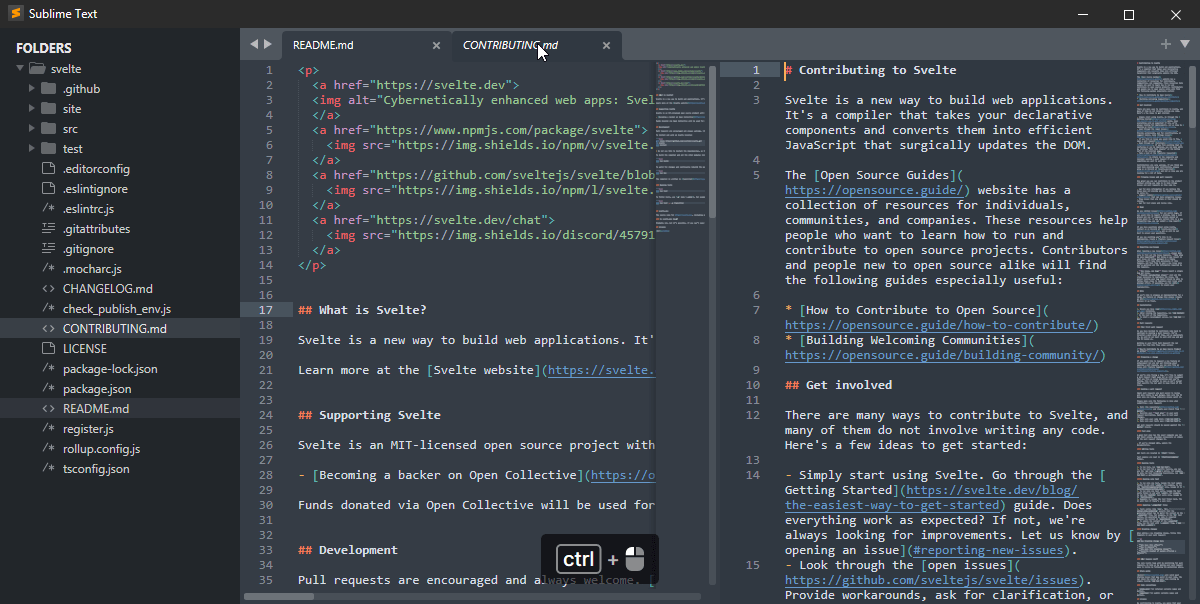
Sublime Text is a freemium code editor that works efficiently on a low-end computer. With GPU rendering on the supported platforms, the editor supports resolutions up to 8K to give you a fluid UI with reduced power consumption.
It comes with a Tab Multi-Select function, which easily splits the interface into multiple tabs, and with a Sidebar, Tab bar, or Goto Anything, you can quickly access various parts of your project easily, thereby enhancing productivity and visibility.
Sublime Text comes with a Context-aware auto-complete feature, which provides smart completions on the basis of current code in a project.
The newest version of this code editor comes with an improved syntax highlighting engine and new features like multi-line constructs, handling non-deterministic grammars, syntax inheritance, and lazy embeds, making it a one of a kind editor.
Other features of Sublime Text
- New themes and custom title bars make the interface intuitive
- Supports Apple Silicon processors and Linux ARM64 builds for devices like Raspberry Pi
- A wide array of packages and plugins
- Allows you to work with multiple cursors and selections at the same time
Code::Blocks – Highly extensible & fully configurable
One of the newest code editors, Code::Blocks, is available for free and is an open-source, cross-platform IDE.
Based on a plugin framework, therefore, the feature of Code::Blocks can be extended with the integration of either existing or customized plugins.
This open-source editor comes with no hidden costs and provides multiple compiler support, including MSVC++, Digital Mars, Open Watcom, GCC, clang, Borland C++ 5.5, and more.
Code::Blocks has a tabbed interface and a user-friendly interface with a customizable layout, making it suitable for experienced or new users.
Other features of Code::Blocks
- Has a Smart code completion
- Comes with a build-in-build system that facilitates the compilation and linking of projects
- Allows you to step through code, set breakpoints, and more
- Comes with a class browser, symbol viewer, and function list, making it easy to navigate
GNU Emacs – Real-time display editor
With full Unicode support for almost all human scripts, GNU Emacs is a good code editor available for all major platforms.
It is highly customizable and comes with content-aware editing modes & a packaging system for downloading and installing extensions.
GNU Emacs provides syntax highlighting, easy code navigation, and version control integration to identify and understand the code & its structure easily
Other than the handful of functions as a text editor, you can use GNU Emacs as a project planner, debugger interface, IRC client, calendar, and more.
Other features of GNU Emacs
- Offers code completion
- Allows you to set breakpoints, inspect variables, and step through code during debugging
- Supports building and compiling code straight from the editor
- Promotes a self-contained coding environment
Geany – Powerful IDE
It supports more than 50 programming languages and is translated into over 40 languages.
Geany is highly customizable, comes with many color themes, and has a quick learning curve.
The tool uses a multiple-document interface, which allows you to work on multiple files at the same time, and tabs are located on the top of the screen, making them more accessible.
Other features of Geany
- Provides suggestions for functions, variable names, and keywords like developers type
- Comes with syntax highlighting, which improves code readability
- Offers extensibility through plugins
- Has an integrated build system that allows you to compile and execute code directly into IDE
Things to consider while choosing a code editor for your PC
- A code editor that is lightweight and uses minimal system resources.
- Ensure it is compatible with your operating system.
- Make sure it has the required features and functionalities that you are looking for.
- Check it is compatible with the extensions or plugins you want to use.
- Should integrate with version control systems like Git seamlessly.
In conclusion, choosing a text editor for your PC totally depends on the language and platform you are working on.
Visual Studio Code is renowned for its performance & extensive customization options, and Notepad++ is the most lightweight tool; we couldn’t agree more.
However, you can opt for Sublime Text, as it has a wide range of features but is not entirely free, or GNU Emacs, which uses very few resources on your PC but has a steep learning curve.
Additionally, Code::Blocks and Geany come with the latest features without hogging the system resources of your computer.
In case you are a programmer who works on cross-platforms quite often and is looking for the best cross-platform code editors, we have an exclusive guide on that; please have a look.
Which code editor would you like to use? Tell us about it in the comments section below.

